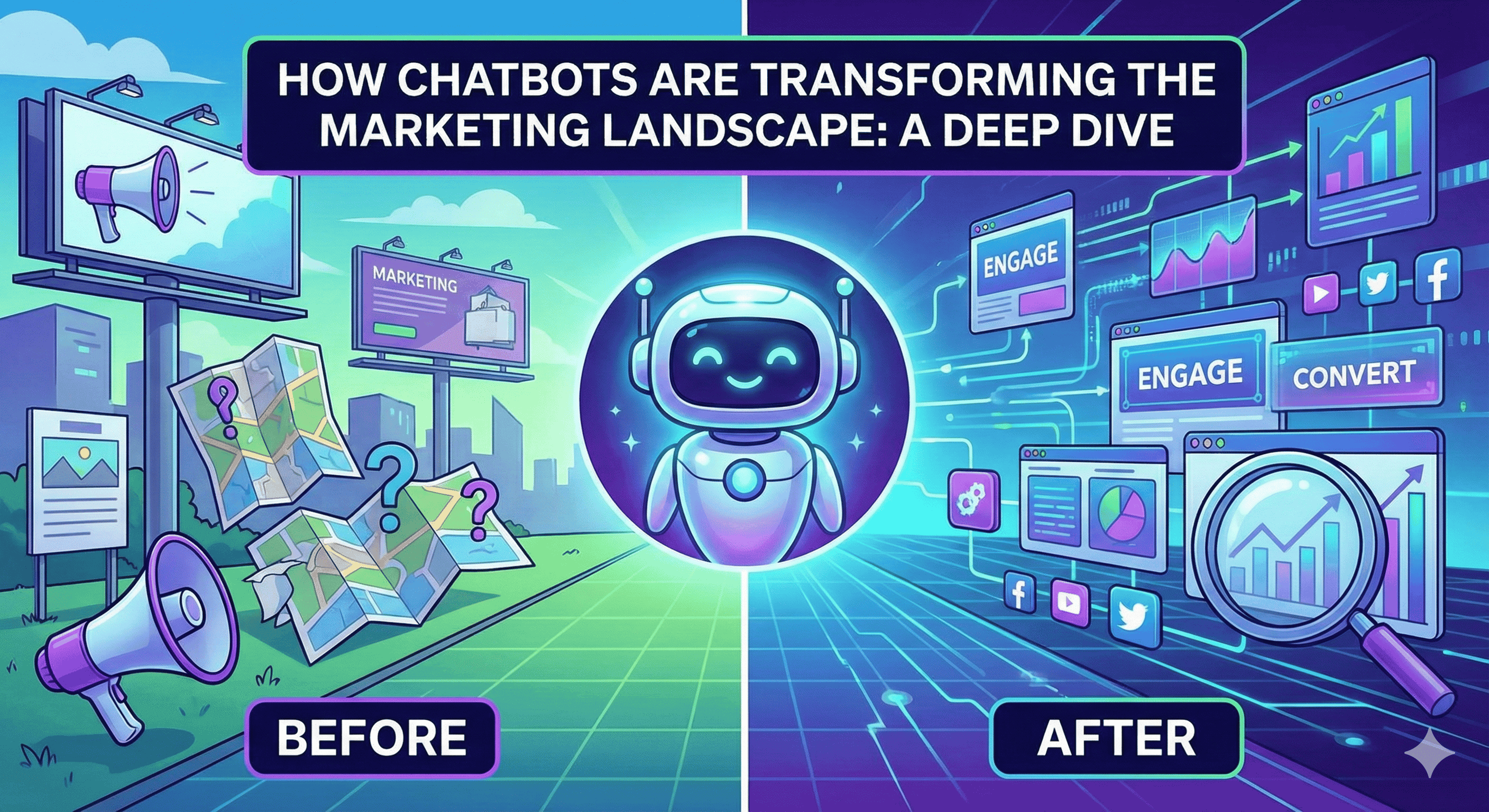In a rapidly evolving digital landscape, businesses are increasingly recognizing the critical importance of personalization in enhancing customer experiences. As consumer expectations continue to rise, the ability to deliver tailored solutions has emerged as a key differentiator. With the advent of Artificial Intelligence (AI), brands can now achieve personalization at scale, allowing them to craft unique experiences for each customer while maintaining efficiency and effectiveness.
The Shift Towards Personalization
Historically, companies relied on broad marketing strategies that targeted large segments of consumers. However, this one-size-fits-all approach is no longer sufficient. Today’s consumers seek individualized experiences that resonate with their preferences, behaviors, and needs. They want recommendations based on their purchase history, tailored communications, and customized interactions across all touchpoints.
Why Personalization Matters
- Enhanced Customer Engagement: Personalized experiences foster deeper connections and encourage customers to engage with brands more meaningfully. When customers feel understood, they are more likely to invest time and resources into a brand.
- Increased Loyalty and Retention: Brands that offer personalized experiences often see higher customer retention rates. Consumers are more inclined to remain loyal to companies that make them feel valued and appreciated.
- Higher Conversion Rates: According to studies, personalization can boost sales significantly. By delivering relevant recommendations and content, brands can increase conversion rates and drive revenue.
How AI Powers Personalization
Artificial Intelligence serves as a fundamental enabler of personalization at scale by analyzing vast datasets to uncover patterns and insights that inform tailored strategies. Here are several ways AI is transforming customer experiences:
1. Data Collection and Analysis
AI excels at collecting and analyzing data from multiple sources, including website interactions, purchase histories, social media behavior, and customer feedback. This wealth of information allows businesses to create comprehensive customer profiles.
2. Predictive Analytics
Predictive analytics leverages machine learning algorithms to forecast future behaviors based on historical data. For example, AI can predict which products customers are likely to buy next, allowing brands to proactively offer targeted promotions or recommendations.
3. Dynamic Content Delivery
Using AI, brands can develop dynamic content that adapts based on customer behavior in real-time. This means that whether a customer visits a website, opens an email, or interacts with a mobile app, the content they see can be specifically tailored to their preferences and past interactions.
4. Chatbots and Virtual Assistants
AI-driven chatbots and virtual assistants offer personalized customer service 24/7. They can answer queries, provide recommendations, and guide customers through their purchasing journey, all while learning from each interaction to improve future responses.
5. A/B Testing and Optimization
AI simplifies the process of A/B testing by quickly analyzing which versions of marketing materials perform best. This enables businesses to continually refine their strategies, ensuring that messaging aligns with the preferences and interests of different customer segments.
Challenges in Personalization
While AI offers significant advantages, several challenges must be addressed to maximize its potential in personalization:
- Data Privacy Concerns: With the increasing scrutiny regarding data privacy, businesses must ensure that their personalization strategies comply with regulations such as GDPR and CCPA. Clear communication on data usage is crucial to maintaining customer trust.
- Quality of Data: The effectiveness of AI-driven personalization hinges on the quality of the data collected. Inaccurate or incomplete data can lead to misguided recommendations and strategies.
- Integration Across Channels: Delivering a seamless personalized experience requires integrating data and strategies across multiple channels. Companies must invest in technology that allows for this unified approach.
- Balancing Automation with Human Touch: While AI can enhance efficiency, it’s essential to maintain the human element in customer interactions. Striking the right balance is crucial for creating genuine connections.
Conclusion
Personalization at scale is no longer a luxury; it has become a necessity in today’s competitive landscape. AI plays a pivotal role in enabling brands to deliver customized experiences that meet the diverse needs of their customers. By harnessing the power of AI, businesses can create deeper relationships with their customers, enhance engagement, and drive loyalty—ultimately paving the way for sustained growth and success. However, as organizations continue to embrace this technology, a thoughtful and responsible approach will be essential to navigate the complexities of personalization and data privacy. In doing so, brands can not only meet consumer expectations but exceed them, building a future where personalized experiences are the norm rather than the exception.









